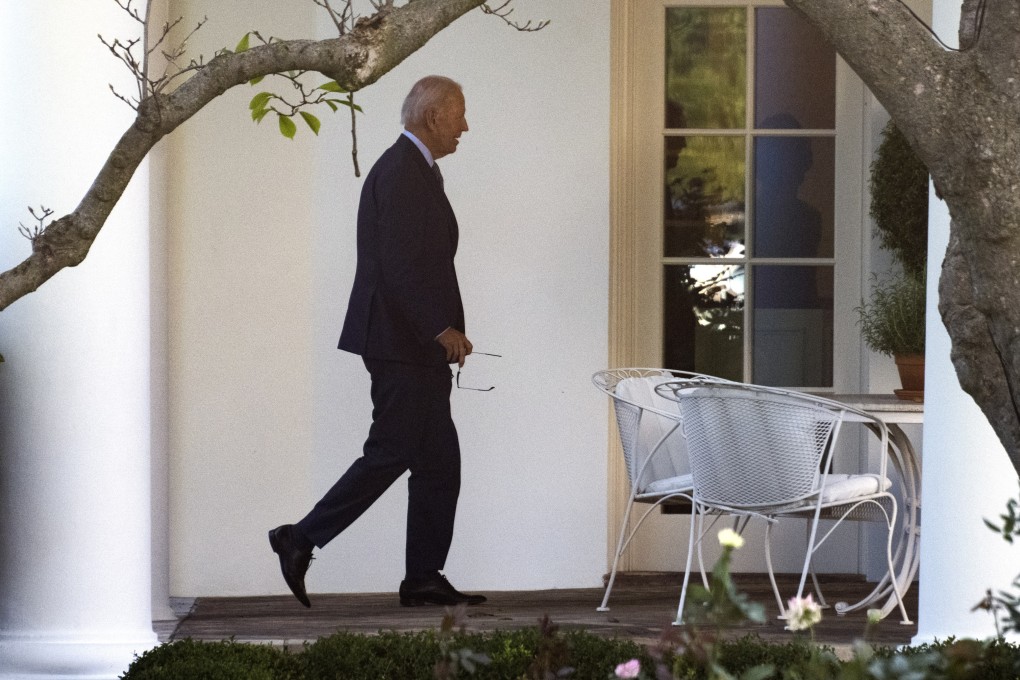US investments in foreign chip firms a potential concern, White House says
- The White House has been working on an executive order that would allow the US government to review and block certain investments in hi-tech sectors in China
- The Treasury and Commerce departments would play a role in implementing the program, which would target investments in the chip, AI and quantum sectors

US investment in foreign chip companies is a potential concern for the Biden administration, a White House official said on Wednesday, but he stressed it has not yet made a final decision on a potential mechanism regulating US investments in China.
National Security Council official Peter Harrell heralded the administration’s efforts to kick-start US chipmaking with US$52 billion in subsidies through a recent law and its export control policies, which have sought to curb shipments of specialised chips and chipmaking tools to China.
But, speaking at an event marking the release of a report on outbound investment measures, he argued, “It’s important to consider whether and how certain narrowly targeted categories of US investment in foreign competitor semiconductor firms might undermine the effectiveness of these other policy tools.”
Sources familiar with the matter say the White House has been working on an executive order that would allow the US government to review and block certain American investments in hi-tech sectors abroad, especially in China, which could harm US national security.
The order, which may be published as soon as the fourth quarter of this year, took on new importance after a similar measure was dropped from the legislation subsidising the chip industry earlier this year.
In a recent update to members seen by Reuters, the Chamber of Commerce said “we firmly expect President Biden to issue a more targeted, narrowly tailored (outbound investment executive order) this fall”.
The group added that it expected both the Treasury and Commerce departments to play a role in implementing the program, which would at least initially target investments in the semiconductor, artificial intelligence, and quantum sectors.